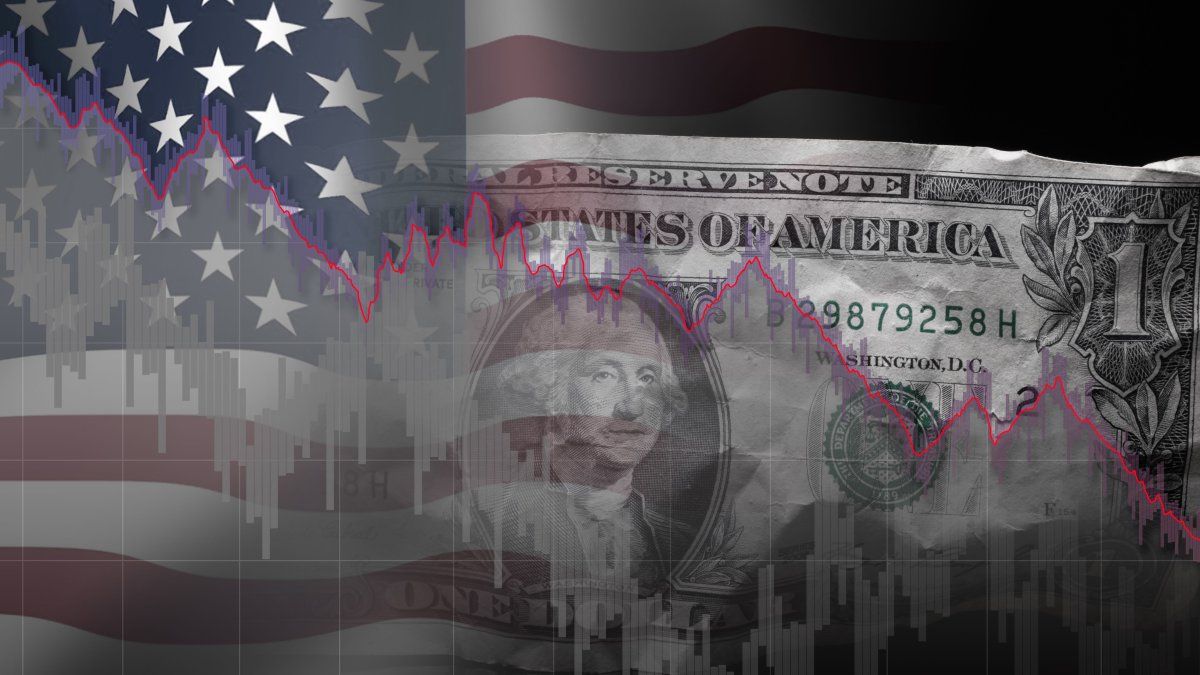The leading index of Wall Street, the S&P 500climbed on 8 of the 10 election days in which the stock market has been open since 1980. If you include both election day and the next, the index looks a little more volatile, after cutting half the time.
A similar story has played out this month, as the S&P 500 has fallen in five of the last 10 election Novembers. However, if the perspective is broadened, the story improves.
“We are aware that while elections often trigger short-term rebalances, the S&P 500 tends to post gains in all balance of power scenarios,” RBC Capital Markets’ Lori Calvasina wrote in a note to clients on Sunday.
Does Wall Street care who will be president?
In essence, the elections are no different from other market riskssuch as tensions in the Middle East, natural disasters or labor strikes. The key question remains what any risk could mean for companies’ future earnings.
And for elections, that means potential policies that could alter the corporate operating environment. Typically, that means that a divided party government, where fewer drastic changes are approved, is the ideal context for actions.
“Checks and balances resulting from differences of opinion at the congressional level (sometimes dramatically called ‘gridlock’) have often served in the past… to protect what matters most to investors: a healthy economy for consumers and revenue and profit growth for businesses,” John Stoltzfus, chief investment strategist at Oppenheimer, wrote in a note to clients Monday morning.
Analyzing the last presidential cycles reinforces this point. Research from Truist co-chief investment officer Keith Lerner shows that the S&P 500 grew at an annualized rate of 13% from the day President Barack Obama was elected to the night Donald Trump was elected.
From the day of Trump’s victory to when Joe Biden won in 2020, the index grew at an annualized rate of 14%. Since Biden was elected, the index has averaged an annual return of 16%. All of these performances are well within the normal range.
The Information Technology sector (XLK) was the best or second best performing sector in the S&P 500 across all three regimes. Lerner reasoned that this was “probably because that’s where the earnings growth has been.”
kamala harris donald trump debate united states elections.jpg
In simple terms, who is in the White House has had little impact on the bull market.
Simply put, who is in the White House has had little impact on the tech bull market of the last 15 years. And no matter what happens Tuesday night, it’s not clear that long-term trend will end anytime soon.
As Baird market strategist Michael Antonelli told Yahoo Finance, the real driver behind the stock market isn’t going to change no matter what happens on Tuesday.
“The reason the stock market goes up over time is that people who work in companies go to work, produce products and services, and shareholders benefit from that,” Antonelli said. “No matter what happens, no matter who wins, your neighbors will go to work and keep working.”
Source: Ambito
I’m a recent graduate of the University of Missouri with a degree in journalism. I started working as a news reporter for 24 Hours World about two years ago, and I’ve been writing articles ever since. My main focus is automotive news, but I’ve also written about politics, lifestyle, and entertainment.




